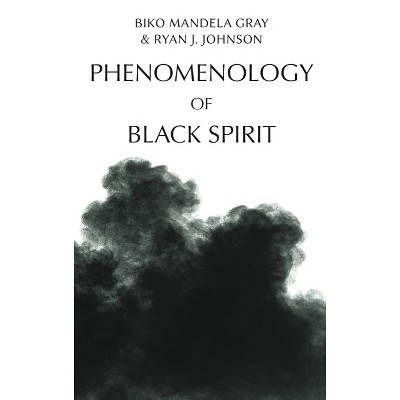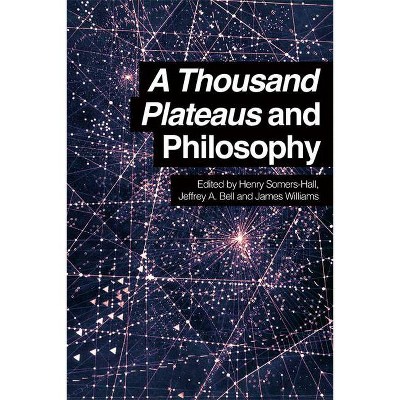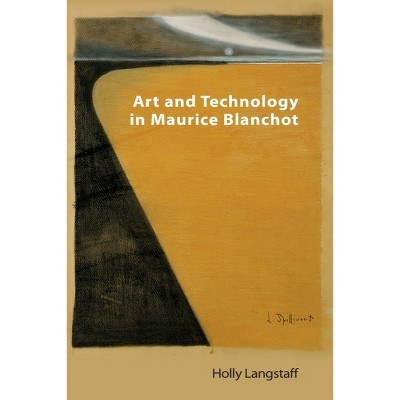About this item
Highlights
- In this reading of Nietzsche's most elusive work, Francesca Cauchi claims that Thus Spoke Zarathustra is a moral polemic, one grounded in its own set of moral values that posits its own moral goal - the self-overcoming of Christian morality through the creation of new values.
- About the Author: Francesca Cauchi is an Associate Professor National Sun Yat-sen University in Kaohsiung, Taiwan.
- 216 Pages
- Philosophy, Individual Philosophers
Description
About the Book
In this reading of Nietzsche's most elusive work, Francesca Cauchi claims that Thus Spoke Zarathustra is a moral polemic, one grounded in its own set of moral values that posits its own moral goal - the self-overcoming of Christian morality through the creation of new values.
Book Synopsis
In this reading of Nietzsche's most elusive work, Francesca Cauchi claims that Thus Spoke Zarathustra is a moral polemic, one grounded in its own set of moral values that posits its own moral goal - the self-overcoming of Christian morality through the creation of new values.
From the Back Cover
Presents Nietzsche's Zarathustra as a moral tyrant whose ethics are more exacting than the Christian morals they are intended to supplant By way of a sustained interrogation of Zarathustra's doctrine of self-overcoming, Francesca Cauchi lays bare the asceticism underlying the prescriptive injunctions set out in the first two parts of Thus Spoke Zarathustra. These injunctions fall under three heads: self-legislation, self-denial and self-sacrifice, which are shown to bear striking affinities with concepts first formulated by Kant, Hegel and Feuerbach. In Cauchi's new reading, the Kantian rational will, the Hegelian 'labour of the negative' and Feuerbach's indivisible trinity of love, sacrifice and suffering are seen to resurface in Zarathustra as the agents of a ferocious and self-eviscerating doctrine of self-overcoming that exhibits all the attributes of a moral tyranny. Francesca Cauchi is Associate Professor at National Sun Yat-sen University in Kaohsiung, Taiwan and this is her second monograph on Nietzsche's confessional, self-parodic and metaphor-laden confection Thus Spoke Zarathustra.Review Quotes
Francesca Cauchi's highly original rendition of Zarathustra's doctrine of self-overcoming as the interiorisation of the ontological law of becoming is utterly compelling.
-- "Claus-Artur Scheier, Technische Universität Braunschweig"This absorbing and compelling study of Nietzsche's often baffling, sometimes inspiring, masterpiece is elegantly written, immensely thought-provoking, and richly repays close study; as such, it deserves to find many readers in the fields of philosophy, the history of ideas, and beyond.
--Paul Bishop, University of Glasgow "Oxford German Studies, 52:4"This is an indelible contribution to Nietzschean scholarship. [...] Recommended.--J. W. Wright "CHOICE, January 2024"
About the Author
Francesca Cauchi is an Associate Professor National Sun Yat-sen University in Kaohsiung, Taiwan. She is the author of Zarathustra contra Zarathustra: The Tragic Buffoon (Ashgate, 1998), reissued under the Routledge imprint in September 2018. She has published many articles in peer-review journals including Philological Quarterly, Journal of European Studies and Oxford German Studies.






